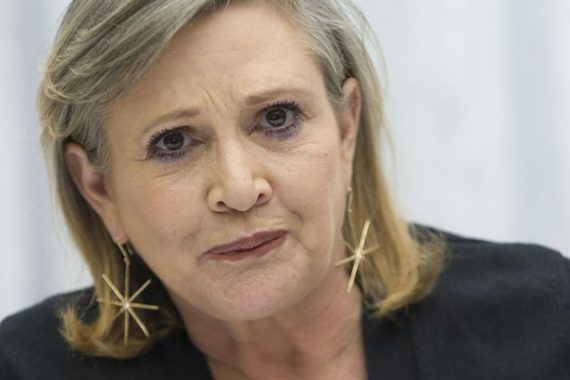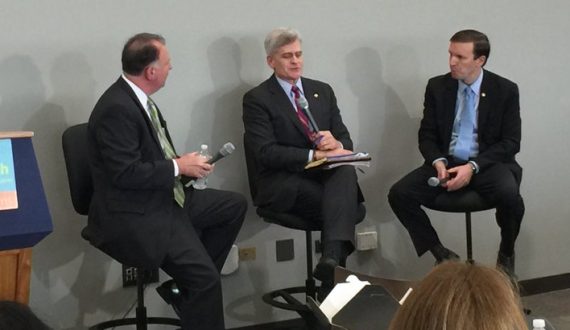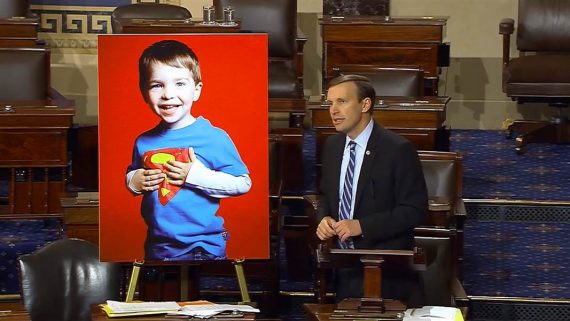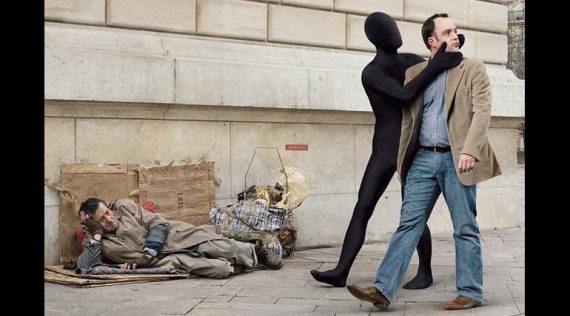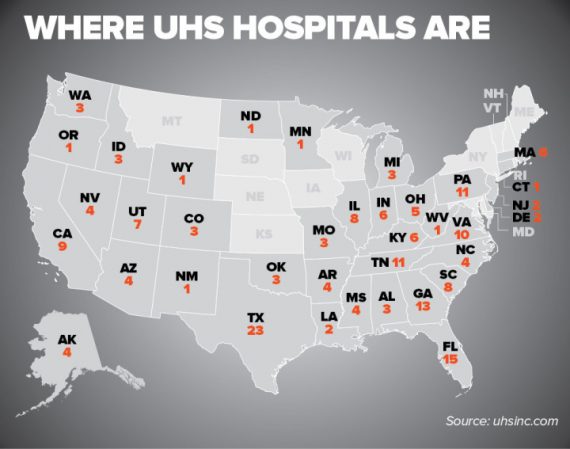
(12-30-16) My grandmother used to say there is a special place in hell for people who commit especially heinous acts. I always thought it was a bit of overkill to condemn someone already destined to an eternity in hell to even worse abuse. But her comment popped into my head when I read a Buzzfeed News Report by Reporter Rosalind Adams called “Locked On The Psych Ward.”
The article alleges that America’s largest psychiatric hospital chain, Universal Health Services, or UHS, is keeping psychiatric patients longer than necessary to milk their insurance, putting profits above patients’ needs. The allegations against UHS, which has denied any wrongdoing, should alarm mental health advocates in states where UHS operates — and there are a lot of them, exactly 37 to date. (The Buzzfeed expose lists where UHS hospitals are located.) The company operates 230 psychiatric facilities across the country, admitting nearly 450,000 patients last year alone. According to the Buzzfeed expose, UHS reported almost $7.5 billion in revenues from inpatient care last year with profit margins of around 30%. More than a third of the company’s overall revenue — from both medical hospitals and psychiatric facilities —comes from taxpayers through Medicare and Medicaid.
This expose is especially unnerving because many of us have been pushing for the construction of more crisis care hospital beds. In some areas, there can be as long as a week before someone can get a bed in a hospital. This shortage has lead to psychiatric emergency room boarding and contributes to the inappropriate incarceration of persons who need help. I was outraged last week when I heard that a local hospital here in Fairfax County called the police and had a patient arrested for trespassing because he had a mental illness and kept coming into its emergency room seeking help.
The Buzzfeed expose also provides ammunition to groups that view all mental hospitals as being both unnecessary and evil by definition.
Reporter Adams wrote that former UHS workers and administrators that she interviewed in nine states said they were “under pressure to fill beds by almost any method — which sometimes meant exaggerating people’s symptoms or twisting their words to make them seem suicidal — and to hold them until their insurance payments ran out.”
